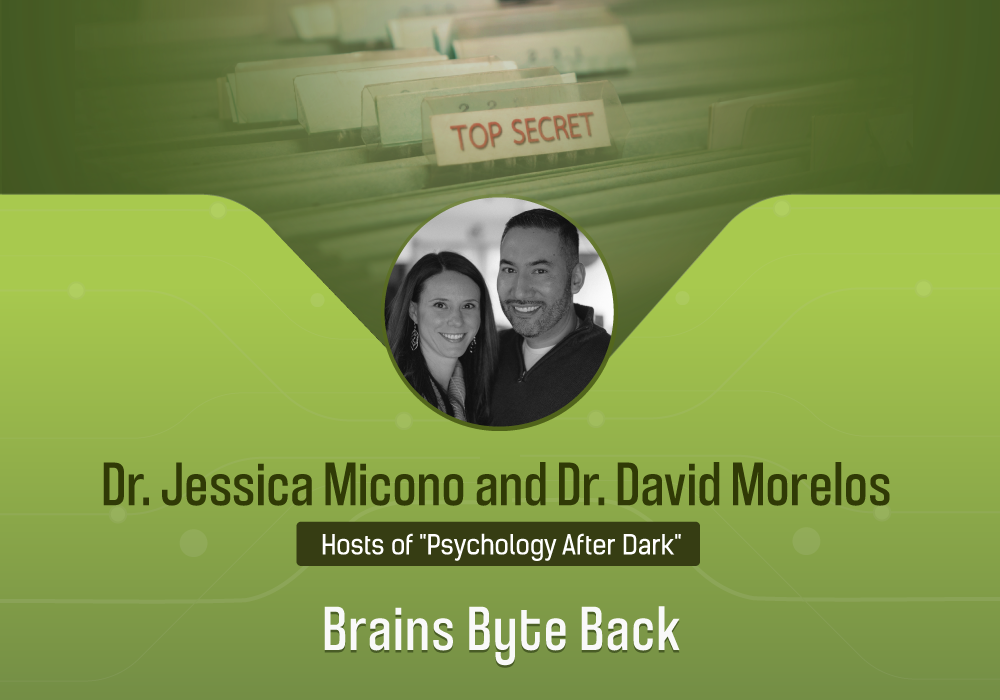The psychology of conspiracy theory beliefs (podcast)

To understand why conspiracy theories receive such strong support from groups of people across the world, we are joined by the hosts of the “Psychology After Dark” podcast.
According to a poll taken earlier this year, 1-in-8 Australians believe that Bill Gates and 5G are responsible for COVID-19. While this might sound ludicrous to 7 out of 8 of us, conspiracy theories can have a genuine impact in the real world.
For example, according to Business Insider, 77 5G towers across the UK have been set on fire due to a conspiracy theory that links 5G technology to COVID-19. Additionally, 5G workers have been subject to abuse as a result of these beliefs.
In this episode, we dissect the psychology of conspiracy theory advocates alongside Dr. Jessica Micono and Dr. David Morelos, hosts of “Psychology After Dark,” a podcast examining the dark side of psychology and the human experience, including criminal behavior, psychopaths, and cults, to name a few,
Listen to this podcast on Spotify, Anchor, Apple Podcasts, Breaker, Google Podcasts, Stitcher, Overcast, Listen Notes, PodBean, and Radio Public.
Based on the article “Why People Believe in Conspiracy Theories” by Kendra Cherry, we break down the three main psychological motivations for beliefs in conspiracy theories; a need for understanding and consistency (epistemic), a need for control (existential), a need to belong or feel special (social).
We also discuss how confirmation bias impacts our belief systems, the legal implications of sovereign citizens’ beliefs, and MK Ultra, the conspiracy theory turned real-life story.
Think for yourself? Facebook removes QAnon-related content as ‘coordinated inauthentic behavior’
*** This article has been archived for your research. The original version from The Sociable can be found here ***


